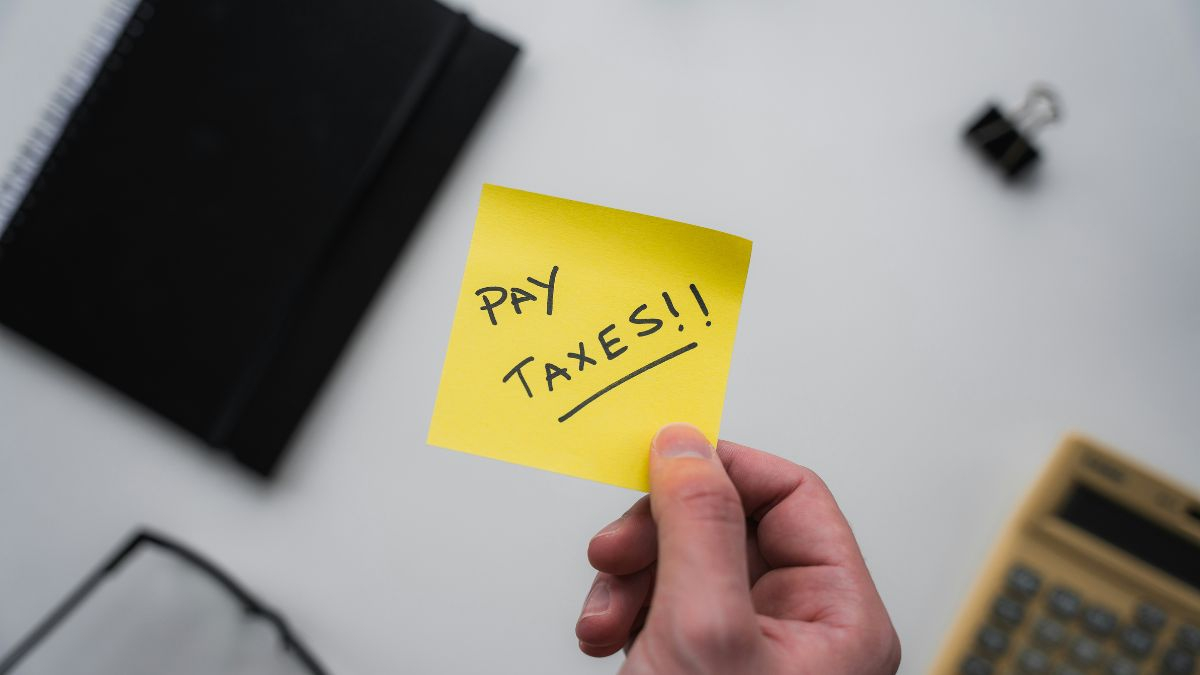Tax season might be some away, but there is some good news for Americans hoping to save time and money on filing their tax returns. The IRS has expanded its free filing system, opening the door for more taxpayers to use it without any added cost. Here is what you need to know about the program’s expansion and whether you could qualify to file your taxes for free in 2025.
What is the IRS free filing program?
The IRS Free File program is designed to help eligible taxpayers complete and file their federal tax returns without paying a filing fee. Through partnerships with tax preparation software providers, the IRS offers this program to qualifying taxpayers who meet income and filing requirements.
Free File primarily benefits low- to middle-income earners who often end up paying costly fees for basic tax preparation. In previous years, IRS Free File options were somewhat limited, but this expansion aims to make the system more accessible to millions of Americans.
Who is eligible for free filing in 2025?
The eligibility requirements for the 2025 tax year are yet to be fully outlined, but the IRS typically focuses on taxpayers whose income falls within a certain range, making them eligible for free filing. Here are a few expected criteria to consider:
- Income Level: Generally, IRS Free File is open to those with an adjusted gross income below a certain threshold, usually around $73,000 or less. This may vary slightly depending on state-specific guidelines.
- Filing Status and Income Sources: Those who use a standard deduction, have income from straightforward sources like W-2s, and do not itemize their deductions will likely qualify.
- Common Credits and Deductions: If you plan to claim standard credits and deductions (like the Earned Income Tax Credit or Child Tax Credit) without complex investments or business income, you may be eligible.
Which states are joining the IRS free filing system?
This year’s IRS expansion has brought several states on board that will now offer integrated state and federal Free File options. For example, Maryland recently announced its participation, and around 24 other states are expected to join. This state-level addition is particularly beneficial for taxpayers who might have previously qualified for Free File at the federal level but would still pay state filing fees. Now, in these participating states, you can file both your federal and state tax returns at no cost, saving both time and money.
What are the benefits of using IRS free filing?
The IRS estimates that Americans spend an average of 13 hours and around $270 preparing and filing their taxes each year. Free File aims to reduce these numbers by providing an accessible option, particularly helpful for those who might feel financially burdened by additional tax prep fees. Some key benefits include:
- No out-of-pocket expenses: Avoid the cost of tax preparation software or services.
- Faster refunds: E-filed returns are processed more quickly than paper ones, so you could get your refund sooner.
- Direct access to tax credits: The Free File program helps ensure you can apply for tax credits that might otherwise be overlooked.
How to access the IRS free file system
The IRS Free File program is available on the IRS’s site each tax season. Once there, you can check the requirements, choose a provider, and begin the process. For states that have opted into the expansion, there will also be the option of filing for the federal and state tax returns simultaneously, making the whole process easier.
How to prepare for tax season now
Even if tax season seems a few months away, now is a good time to start organizing your paperwork and familiarizing yourself with any changes. Here are some tips:
- Gather Documents Early: Collect your W-2s, 1099s, and other income statements.
- Check Eligibility: Revisit the Free File page in January to confirm you meet the 2025 requirements.
- Consider Filing Early: Filing early can help you avoid last-minute stress and could mean a quicker refund.
As the IRS expands the Free File program, more Americans stand to benefit from a simpler, cost-free way to file. With a little preparation, you may be able to take advantage of this free service and keep more of your money where it belongs – in your pocket.
